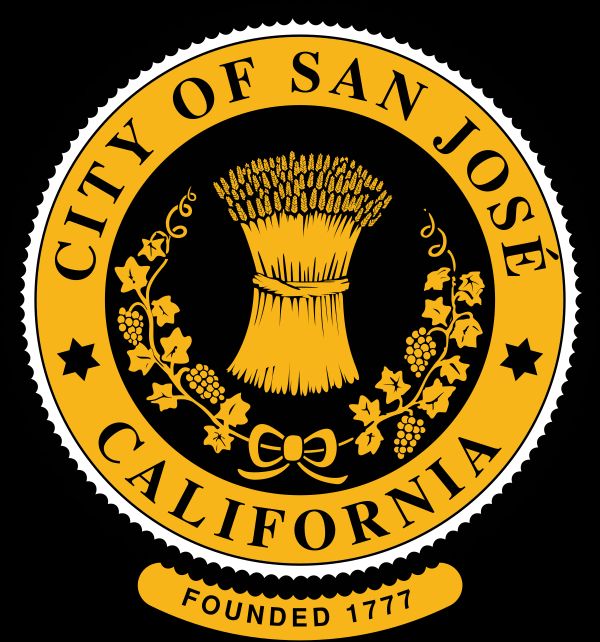San Jose Faces Tough Call as Mayor Proposes Arrests for Homeless Who Refuse Shelter
A New Approach in Silicon Valley Sparks Debate on Accountability and Compassion
In a bold and controversial move, San Jose Mayor Matt Mahan has proposed a measure that could allow the arrest of homeless individuals who refuse multiple offers of shelter. The initiative, which is being reviewed by the city council this week, marks a significant shift in policy for California’s most populous Silicon Valley city and is drawing both support and fierce criticism.
A Turning Point in the Bay Area’s Homeless Crisis
San Jose, like many California cities, has long struggled with rising homelessness. Tent encampments have become common along sidewalks, riverbanks, and public parks. Amid mounting frustration from residents and business owners, city officials are grappling with how to address the situation without losing sight of compassion.
The mayor’s proposal aims to create what he calls a “culture of accountability.” Under the plan, individuals who decline three documented offers of shelter may face arrest—not as a first step, but as a final resort.
“We need a cultural shift,” said Mahan. “This isn’t about criminalizing homelessness. It’s about setting expectations that, when shelter is available, people must engage with it.”
A Strategy Rooted in Public Safety and Responsibility
San Jose currently has nearly 1,400 shelter beds and plans to add 800 more by year’s end. The proposal acknowledges that enforcement would not apply if beds are unavailable or if the options are deemed unsafe or unsuitable for specific individuals.
The plan also outlines the creation of a special “quality of life” unit within the police department—six officers dedicated to working closely with outreach teams to engage with people experiencing homelessness.
Rather than mandating arrests, the proposal allows discretion for officers and outreach workers. Those who persistently violate city codes—such as blocking sidewalks or allowing trash to accumulate—could be directed to detox facilities or petitioned for mandatory mental health or substance abuse treatment.
Divided Opinions and Community Pushback
While some residents see the measure as a much-needed step toward reclaiming public spaces and helping individuals get off the streets, many local leaders and advocates have raised red flags.
Otto Lee, president of the Santa Clara County Board of Supervisors, condemned the plan, calling it both “inhumane and ineffective.” In a statement, he emphasized that people struggling with mental illness or addiction should not be funneled into the criminal justice system without cause.
“Punishing people for being unhoused does nothing to address the root of the issue,” Lee stated. “We need more housing, more support services, and more compassion—not incarceration.”
Advocacy groups have echoed similar concerns, warning that breaking up encampments often sets people back in their journey toward stability. The loss of essential documents or medications during forced relocations can make recovery even more difficult.
A Broader Shift in California's Homeless Policy
The proposal comes amid growing pressure from state leaders to address homelessness more aggressively. California Governor Gavin Newsom has consistently called for a ban on public encampments, and enforcement has ramped up in several cities, including San Francisco.
Despite its progressive image, San Jose’s proposed policy reflects a wider shift in California’s approach—a balancing act between upholding public order and ensuring human dignity.
Looking Ahead
Whether the measure passes or not, the debate in San Jose underscores a deeper tension playing out across California and the nation: How can cities effectively address the humanitarian crisis of homelessness while maintaining safe and accessible public spaces?
Mayor Mahan remains adamant that enforcement should be a last resort, not the default strategy. “We’re not trying to criminalize people,” he said. “We’re trying to build a system where those who are offered help are expected to take it.”
As the city council prepares to vote, all eyes are on San Jose—a city now at the forefront of one of the most difficult and emotionally charged policy dilemmas in modern urban governance.

COMMENTS (0)
Sign in to join the conversation
LOGIN TO COMMENT